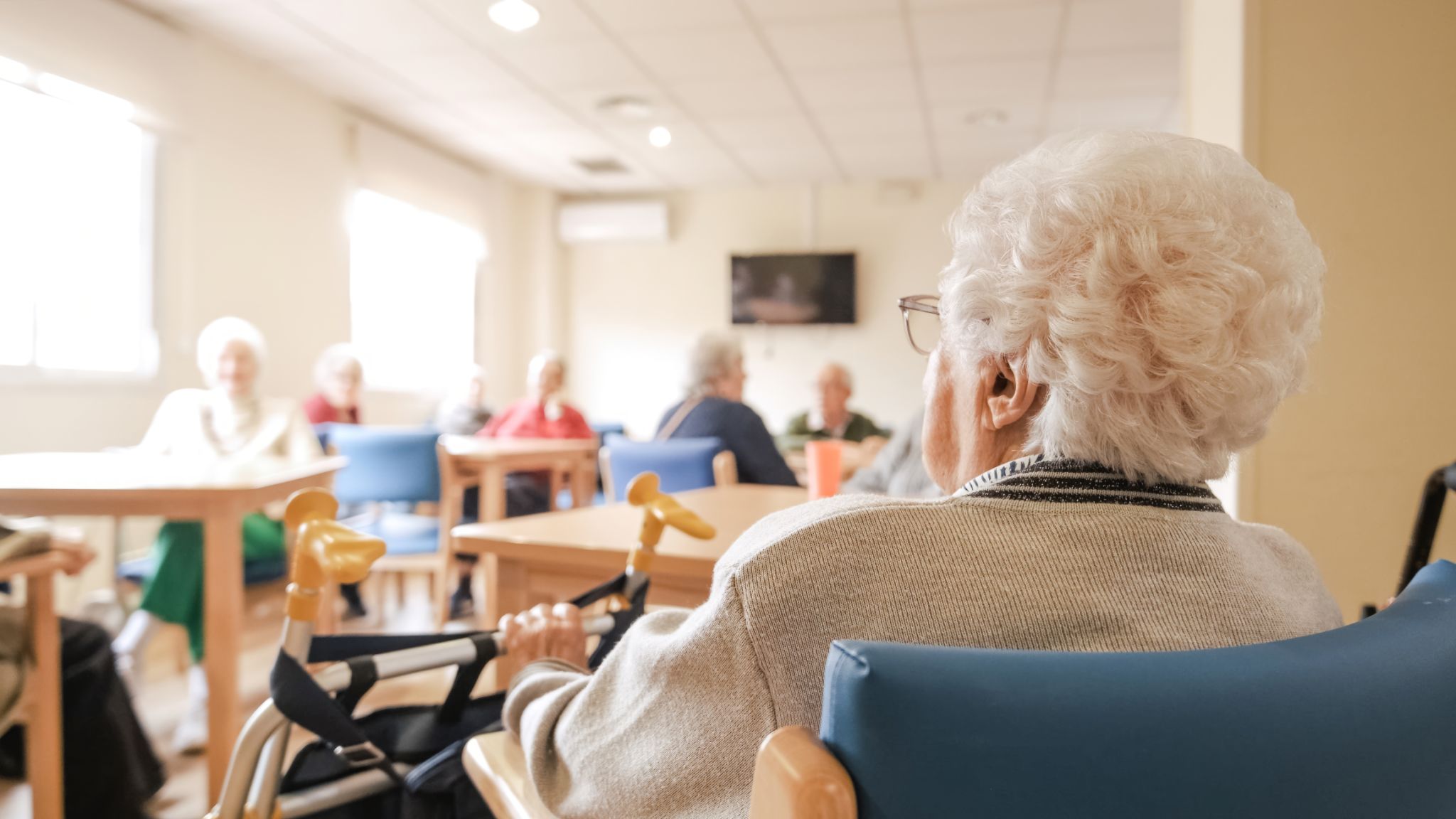Understanding the Role of a Domestic Healthcare Provider in Your Daily Life
Introduction to Domestic Healthcare Providers
Domestic healthcare providers play a crucial role in ensuring the well-being of individuals who require assistance in their daily lives. Whether it's due to aging, chronic illness, or post-operative recovery, these professionals offer a range of services that can significantly enhance the quality of life for their clients. Understanding their role and how they impact daily living is essential for both patients and their families.
These providers offer personalized care tailored to the unique needs of each individual. Their responsibilities can vary widely, from medical care to assistance with daily activities, ensuring that their clients remain comfortable and safe in their own homes.

Medical Assistance and Monitoring
A primary role of domestic healthcare providers is to offer medical assistance and monitoring. This can include administering medication, checking vital signs, and managing medical equipment. For individuals with chronic conditions, having a healthcare provider present ensures that any signs of complications or changes in health status are promptly addressed.
Medication Management
Ensuring that patients adhere to their medication schedules is a critical component of healthcare at home. Providers often assist with organizing medications, providing reminders, and observing for any side effects or adverse reactions.

Assistance with Daily Activities
Beyond medical care, domestic healthcare providers also help with activities of daily living (ADLs), such as bathing, dressing, and grooming. These tasks can be challenging for individuals with mobility issues or those recovering from surgery.
Ensuring Safety and Comfort
Safety is a top priority for healthcare providers. They ensure that the home environment is safe, helping to prevent falls and accidents. This includes assisting with mobility around the house and ensuring that assistive devices are used correctly.

Emotional Support and Companionship
The emotional well-being of patients is just as important as their physical health. Domestic healthcare providers often serve as companions, offering emotional support and engaging in meaningful conversations. This companionship can significantly reduce feelings of loneliness and isolation.
Providers may also engage clients in activities that stimulate cognitive functions, such as reading, puzzles, or light exercises tailored to the individual’s capabilities and interests.

Coordination with Family and Healthcare Teams
Another important aspect of a domestic healthcare provider's role is communication. They serve as a liaison between family members and other healthcare professionals. Regular updates about the patient’s condition ensure that everyone involved in the care process is informed and aligned on the treatment plan.
This coordination helps in creating a holistic care approach that addresses both immediate health needs and long-term goals, ensuring continuity of care and making transitions between different healthcare settings smoother.

Conclusion
Domestic healthcare providers are invaluable in maintaining the health and well-being of individuals in need of assistance at home. By offering medical support, aiding with daily activities, providing companionship, and coordinating care efforts, they play a pivotal role in enhancing the quality of life for their clients. Understanding their multifaceted role can help families make informed decisions about the care options best suited for their loved ones.
